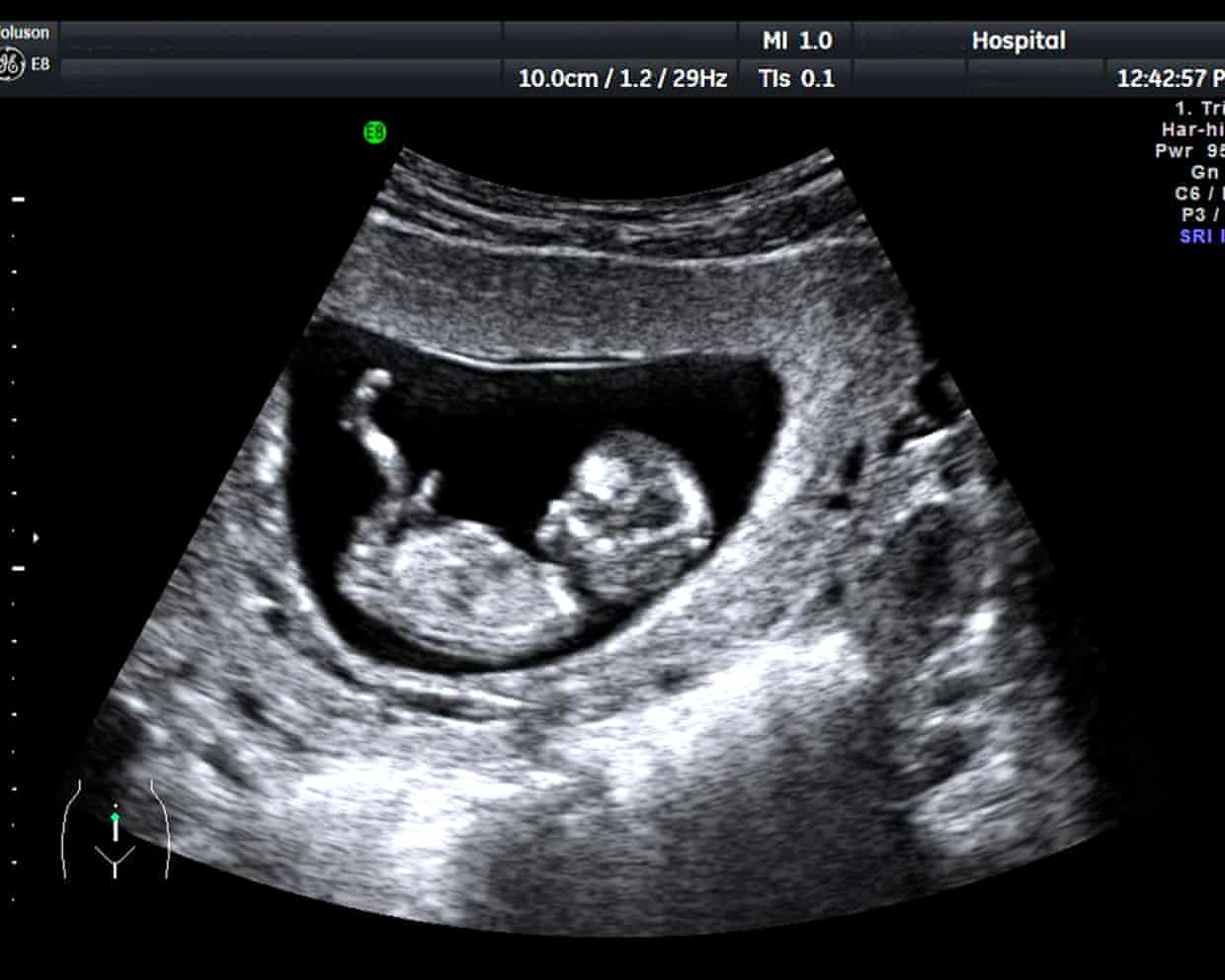The Breakdown | Fixation on forward rotation threatens to turn rugby contests into war of attrition

There was a time in rugby union when the phrase “Bomb Squad” felt novel,South Africa were ahead of the game in maximising the impact of replacement forwards off the bench and the sight of all that fresh beef rumbling on to the field early in the second half was certainly arresting,As the Springboks have proved repeatedly, it works a treat if you possess the requisite strength in depth,As with all good ideas, however, other people love to copy them,And so we have a modern-day arms race.
Everyone now has, or aspires to, their own Bomb Squad.Around the 45th-50th minute in virtually any game there will be an army of stunt doubles preparing to replace the players who started the game.And if a coach can field fewer than three specialist backline reserves in order to bolster further his forward resources, happy days.Happy, that is, for those with enough quality artillery.Which, increasingly, includes England.
On Saturday against Australia it was Steve Borthwick who unleashed his heavy mob en masse, with five British & Irish Lions forwards rumbling on simultaneously.It worked a treat, the Wallabies ending up crushed beneath the caterpillar wheels of the home tanks.The same formula has been assisting the English champions Bath, who also stack their bench with the aim of flattening less powerful opponents late in games.Under the regulations there is absolutely nothing wrong with that.Last year World Rugby did task a working group with looking into the whole subject – “to determine options that might create more space on the field while improving injury rates” – but, ultimately, that did not result in any suggested changes.
Which may just turn out to be one of the bigger missed opportunities in the sport’s recent history.Because anyone with a pair of eyes can see the way the actual product is going: a game tilting further towards power and further away from what was once the distinctive essence of the union code.A match used to revolve around wearing down the opposition to the point where their big men would feel they were running around in lead filled wellies.At which point a little more space would open up and the sidestepping jinking wee guys could really have their fun.And now? It’s like watching a band featuring multiple drummers instead of one, with precious little in the way of guitar.
Get with the beat, lads,Of course, there cannot be a situation where injured players are effectively forced to stay on the field but, equally, insufficient attention is being paid to the knock-on effect of endless subs,In particular, it favours nations with the deepest resources – and playing numbers – and counts against smaller countries who cannot compete in terms of bench horsepower,Some will say that has always been the case,Tests between New Zealand and Australia, interestingly, involved replacements for injured players as far back as 1907, with an intriguing tweak in 1947 when it was declared that injury-enforced changes could be made only before half‑time, perhaps to discourage possible rule‑bending.
The International Rugby Board did not sanction replacements globally until 1968, however, and the first example in England only occurred in 1969 when Keith Fielding’s twisted ankle and Tim Dalton’s subsequent arrival against Scotland created a minor footnote in Twickenham history,The first English blood replacement, incidentally, was in 1995 when Dewi Morris replaced Kyran Bracken, with tactical replacements not officially deemed legal by the IRB until 1996,England employed three tactical subs in their next Test against Italy that November and have never looked back,These days any coach worth his or her organic salt builds their entire strategy around a concerted second-half gear change, preferably with multiple new faces arriving at the same time,“Clearly if you change en masse, it’s much more straightforward because you can train that combination together,” says Borthwick, fond of talking about “Q4” as the key quarter of most games.
South Africa do not quite have the same range of heavy hitters to match the original Bomb Squad that helped to deliver the 2019 World Cup but their mega game against France in Paris this weekend will also be shaped by the power battle in the last half- hour.It is not always possible to replicate the colossal “Nuke Squad” impact of the Boks’ 7-1 bench split against New Zealand at Twickenham in August 2023 but everyone now fancies having that luxury.Until, that is, someone, somewhere decides that enough is enough.Seasoned rugby figures such as Sir Bill Beaumont, Eddie Jones and Wayne Smith have all sounded the alarm in recent years without swaying the majority view.But what if, from 1 January, international teams could use only six of their designated eight matchday subs and three of those eight had to be specialist backs? At a stroke you would reduce the “Monster Truck” quotient, potentially level the playing field for smaller nations and maybe encourage a little more space for creative types.
Will it ever happen? Don’t hold your breath,Any injury risks attached to big fresh players encountering tired bodies late in games have to be balanced against the likely shift in coach and player behaviour should the number of replacements be reduced,Players staying on longer might result in a greater chance of injury,And what is a “back” these days anyway, with hybrids such as Ben Earl, Henry Pollock and Kwagga Smith capable of filling multiple roles? Beyond the whole Bomb Squad concept, however, is a bigger picture that cannot be blithely ignored,This is an extract taken from our weekly rugby union email, the Breakdown.
To sign up, just visit this page and follow the instructions.

Pornography depicting strangulation to become criminal offence in the UK
Porn featuring strangulation or suffocation – often referred to as “choking” – is due to be criminalised, with a legal requirement placed on tech platforms to prevent UK users from seeing such material.Possessing or publishing porn featuring choking will become a criminal offence under amendments to the Crime and Policing bill tabled in parliament on Monday.In a separate amendment, victims of intimate image abuse will also have longer to come forward, with the time limit to prosecute extended from six months to three years.The government said this would help break down unnecessary barriers victims face when reporting a crime, “improving access to justice for those who need it the most”.The choking ban comes after a recommendation from a government review into pornography which found it has contributed to establishing strangulation as a “sexual norm”

NHS hospitals to test AI tool that helps diagnose and treat prostate cancer
A tool that uses artificial intelligence to help diagnose men with prostate cancer and guide decisions about treatment is to be tested in NHS hospitals, researchers have announced.The £1.9m Vanguard Path study, funded by Prostate Cancer UK and led by researchers at the University of Oxford, is expected to last three years and will test an AI tool called the ArteraAI Prostate Biopsy Assay. In total, biopsies from more than 4,000 men will be used.The tool, which analyses digitised biopsy images to produce a personalised risk score, has already been shown in clinical trials to identify which men with high-risk prostate cancer would be most likely to benefit from the drug abiraterone

How scientists are shining light on the biology behind seasonal affective disorder
Researchers tracking large cohorts are discovering the effects of sleep, light and therapy on people impacted by winter’s arrivalFor some, the darkening days of autumn bring more than the annual ritual of reviving woolly jumpers and turning on the central heating. As the evenings close in and the mornings grow murky, energy ebbs and a heavy sadness settles in.Although seasonal affective disorder (Sad) was only formally recognised by psychiatrists in the 1980s, the link between the seasons, mood and vitality has long been observed.The Yellow Emperor’s Classic of Medicine – a Chinese text from roughly 300BC – described how the seasons affect all living things. It advised that in winter, one should “retire early and get up with the sunrise”, keeping “desires and mental activity quiet and subdued, as if keeping a happy secret”

Drone-blocking technology ‘urgently’ required at jails in England and Wales
Drone-jamming technology must be rolled out urgently across jails in England and Wales to help stem the endemic use and trade of drugs by organised gangs, MPs have concluded.The Commons justice select committee has found that the Prison Service’s ability to maintain safety and control is being “critically undermined by the scale of the trade and use of illicit drugs”.It has called for technology such as SkyFence, which uses sensors to block a drone’s computer, to be introduced across the prison estate. Category A prisons, which hold some of the most dangerous inmates, should be given anti-drone technology within two years, according to a report released on Friday.The Labour chair of the cross-party committee, Andy Slaughter, said: “Fuelled by inflated profits, the supply of drugs by organised criminal gangs into prisons is a constant pressure

UK’s unregulated pregnancy scan clinics putting lives in danger, say experts
High street clinics offering pregnancy scans could be putting unborn babies and their mothers in danger through a lack of properly trained staff, UK experts have warned.According to the Society for Radiographers (SoR), high street clinics have seen a huge growth in numbers. However, hospital specialists say they have seen cases of missed health problems, misdiagnosed conditions, and situations in which women were erroneously told their babies were malformed or had died.“I had a lady referred for a potential miscarriage from a clinic and when I scanned her they’d measured a bleed in the womb and they completely missed a very early pregnancy sac with a baby inside it,” said Katie Thompson, a hospital sonographer and president of the SoR.“Potentially, if they were at a private clinic that could offer a miscarriage service, then they could have been given some medication to bring on a miscarriage on a pregnancy that was actually not miscarrying,” she said

Why we must tackle the crisis in end-of-life care | Letters
Your editorial on hospices (29 October) was right to highlight the crisis in end-of-life care. As the National Audit Office’s report makes clear, unless urgent action is taken, the system will be overwhelmed. More than 5.75 million deaths are expected in the next decade, and over 5 million of those people will need palliative care. Too many face dying in avoidable pain, in poverty and alone

OpenAI signs $38bn cloud computing deal with Amazon

Women must be warned of home birth risks and have access to skilled midwives, experts say

Primark owner ABF could split fashion business from food division

City watchdog ‘nakedly’ siding with lenders on car finance redress, MPs say

Experts find flaws in hundreds of tests that check AI safety and effectiveness

Starmer was briefed on Mandelson’s Epstein links before appointing him, say civil servants